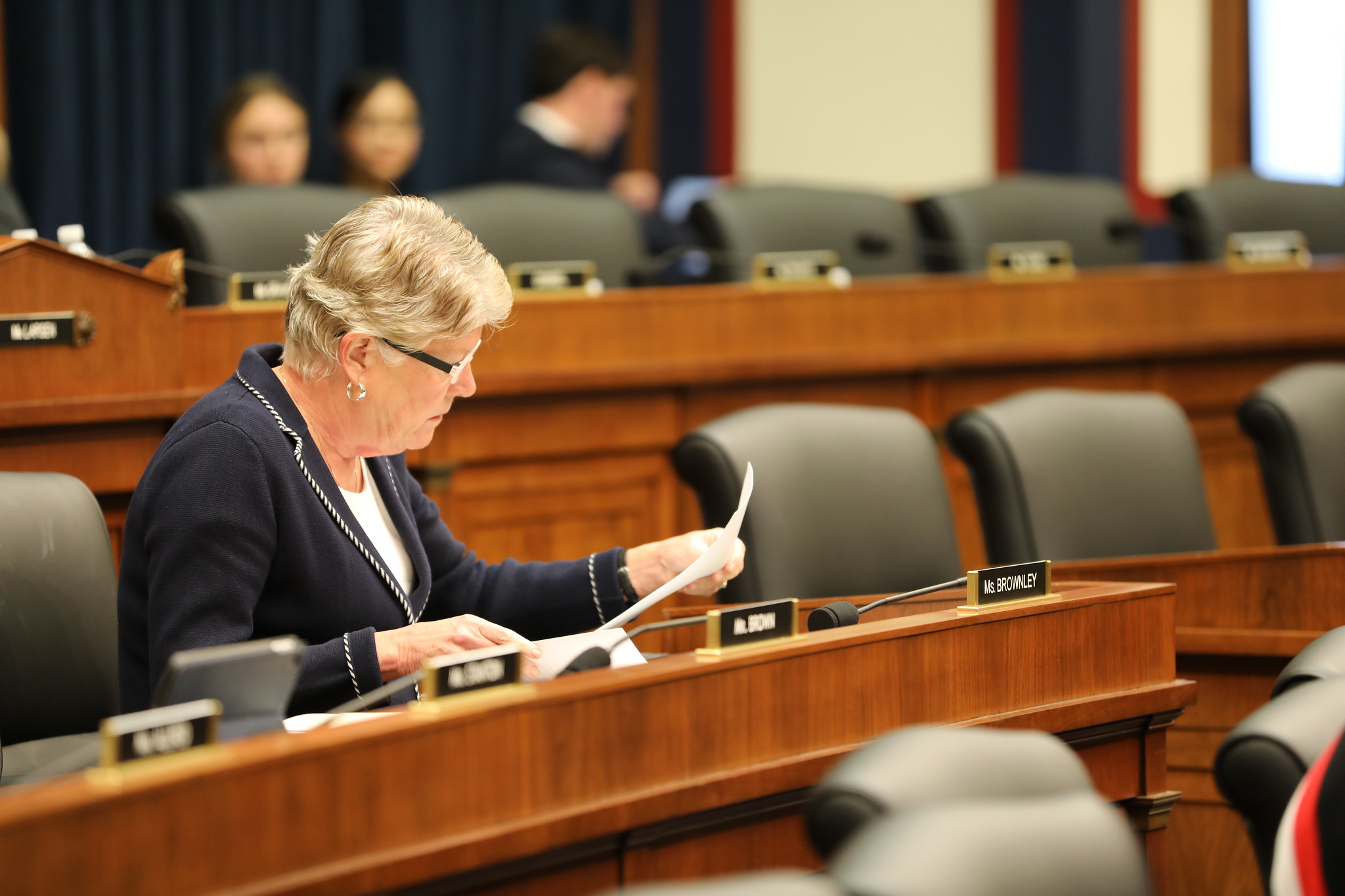
Washington, DC – Today, Congresswoman Brownley (D-CA) introduced the Driver Reimbursement Increase for Veteran Equity (DRIVE) Act, which would increase the Beneficiary Travel mileage reimbursement rate for eligible veterans with service-connected disabilities and health conditions. Senators Peter Welch (D-VT) and Debbie Stabenow (D-MI) introduced companion legislation in the Senate.
“Our veterans should not have to choose between getting the care they’ve earned and deserve, and the fluctuating and rising cost of travel to access that care,” said Congresswoman Brownley. “This legislation makes a critical improvement to the program by ensuring that veterans from all walks of life do not shoulder the burden of their travel expenses – especially low-income veterans and veterans who live in rural areas who are heavily reliant on VA’s travel reimbursement program.”
“Our veterans have performed the ultimate public service. To honor that service, we must ensure the cost of the war includes the cost of caring for the warrior and provide the support our veterans need when their service comes to an end,” said Senator Welch. “This bill strengthens veterans’ access to medical care and will help keep out of pocket costs low for vets and their families moving forward – it’s a long overdue change, and I’m grateful to work alongside Sen. Stabenow and Rep. Brownley to introduce this bill for America’s veterans.”
“Our women and men who have served sacrificed so much for our country,” said Senator Stabenow. “This important legislation provides financial support to veterans so that they can access the medical care they need, despite rising transportation costs.”
Background
In 2010, Congress passed legislation to set the mileage reimbursement rate at a minimum of $0.41 per mile – which at the time was comparable to rates federal employees were reimbursed for work-related travel.
This law also gave the Secretary the authority to increase rates going forward to be consistent with the mileage rate for federal employees for the use of their private vehicles on official business, as established by the Administrator of the General Services Administration (GSA).
However, since the enactment of this law, the VA travel mileage reimbursement rate has remained stagnant, even while gas prices and other costs – like auto insurance and vehicle maintenance costs — have increased significantly. Meanwhile, the GSA rate has risen over time to $0.625 per mile. Further, the VA has informed the House Veterans’ Affairs Committee that it does not believe the authority granted in the 2010 law is sufficient to allow VA increase rates.
According to the U.S. Department of Energy (DOE), the average price for a gallon of regular gas during the week of March 1, 2010 – when VA’s mileage rate was last increased — was $2.671 per gallon. During the week of February 13, 2023, the average was $3.390 per gallon, and on the West Coast, it was $4.106 per gallon. Last year, prices paid by veterans were even higher.
The DRIVE Act would require the VA to ensure the Beneficiary Travel reimbursement rate is at least equal to the GSA reimbursement rate for federal employees. This will ensure VA’s reimbursement rates keep up with the cost of inflation and properly account for fluctuations in gas prices over time.
When the House considered the National Defense Authorization Act for Fiscal Year 2023 (H.R. 7900), Brownley and Welch offered a similar amendment, which was adopted as part of an En Bloc amendment by a vote of 277 to 150. H.R. 7900 subsequently passed the House on July 14, 2022. However, the language was not included in the final conference agreement, so veterans are relying on the passage of the DRIVE Act as a stand-alone bill. The text of the amendment can be found here.
Read the full text of the bill, here.
###
Issues: 118th Congress, Veterans' Affairs